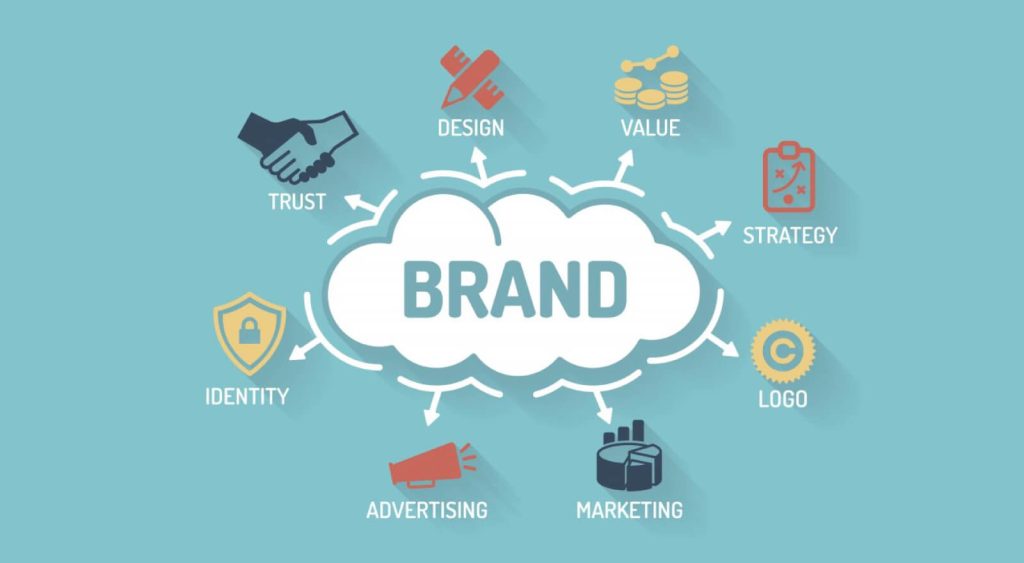Establishing Trust Through Corporate Branding
Establishing trust through corporate branding begins with building a strong foundation for your brand. This foundation encompasses your brand’s values, mission, and unique selling proposition. By clearly defining who you are as a company and what you stand for, you can create a sense of authenticity and transparency that resonates with your audience.
Delivering on Promises
Trust is earned through action, not words. As a corporate brand, it’s crucial to deliver on the promises you make to your customers. Whether it’s providing high-quality products and services, delivering exceptional customer service, or upholding ethical business practices, every interaction with your brand should reinforce the trust your audience has placed in you.
Transparency and open communication are key pillars of corporate branding that help build trust with your audience. Be transparent about your company’s values, practices, and decision-making processes. Share your successes and failures openly, and actively seek feedback from your customers and stakeholders. By fostering a culture of transparency, you can build stronger, more meaningful relationships with your audience.
Building Long-Term Relationships
Establishing trust through corporate branding is not just about winning over customers in the short term; it’s about building long-term relationships based on mutual respect and understanding. Invest in building connections with your audience through personalized experiences, targeted messaging, and ongoing engagement. By prioritizing relationship-building, you can cultivate loyalty and advocacy among your customers, turning them into brand ambassadors who trust and recommend your brand to others.
In today’s socially conscious world, corporate social responsibility (CSR) plays a significant role in building trust with consumers. By demonstrating a commitment to social and environmental issues, your brand can showcase its values and make a positive impact on society. Whether it’s through sustainability initiatives, charitable giving, or community involvement, integrating CSR into your branding efforts can help strengthen trust and loyalty among your audience.
Responding to Feedback and Adapting
Feedback from your audience is invaluable in shaping your corporate brand and building trust. Actively listen to customer feedback, whether it’s through surveys, reviews, or social media comments, and respond promptly and thoughtfully. Use feedback as an opportunity to learn and improve, and be willing to adapt your branding strategies based on the insights you receive. By demonstrating that you value your customers’ opinions and are committed to addressing their needs, you can further strengthen trust and loyalty.
Ethical conduct is non-negotiable when it comes to building trust through corporate branding. Uphold high ethical standards in all aspects of your business operations, from sourcing and manufacturing to marketing and sales. Be transparent about your practices and hold yourself accountable for any missteps. By demonstrating integrity and ethical leadership, you can build a reputation for trustworthiness and earn the respect of your audience.
Investing in Employee Brand Advocacy
Your employees are your brand’s most valuable ambassadors. Invest in employee brand advocacy by fostering a positive work culture, providing training and development opportunities, and empowering employees to share their experiences and insights. Encourage employees to become active advocates for your brand both online and offline, as their authentic endorsement can help build trust and credibility with consumers.
Building trust through corporate branding requires ongoing monitoring and measurement of trust metrics. Track key indicators such as customer satisfaction, brand perception, and loyalty over time to assess the effectiveness of your branding efforts. Use this data to identify areas for improvement and refine your strategies accordingly. By continuously monitoring and measuring trust metrics, you can ensure that your brand remains aligned with the evolving needs and expectations of your audience.
In conclusion, establishing trust through corporate branding is a dynamic and ongoing process that requires a commitment to authenticity, transparency, and ethical conduct. By building a strong foundation, maintaining consistency, delivering on promises, embracing corporate social responsibility, responding to feedback, upholding ethical standards, investing in employee brand advocacy, and monitoring trust metrics, you can build a reputable and trustworthy corporate brand that resonates with your audience and drives long-term success.




